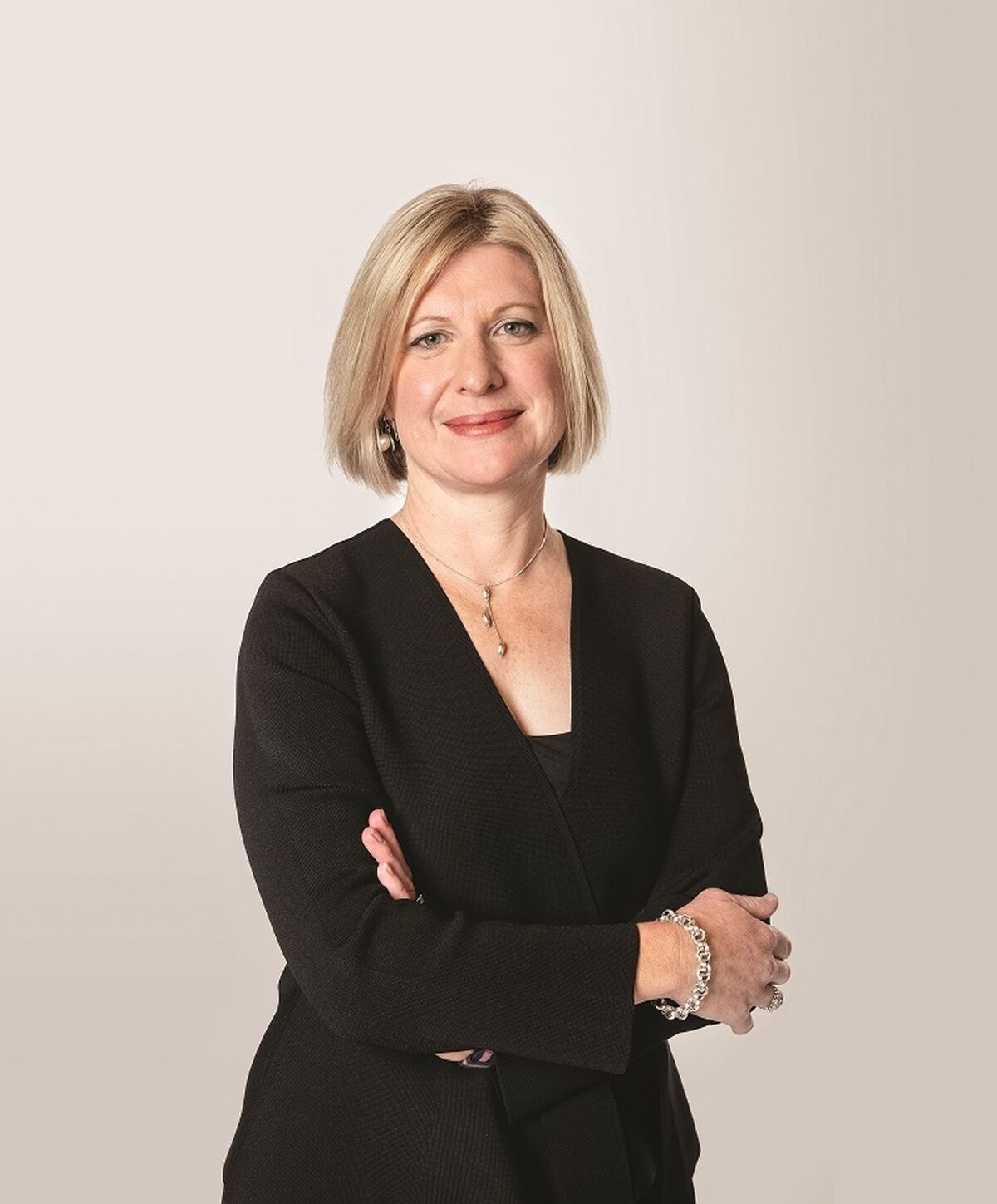On this page:
The Ombudsman's view

"Disappointingly, cases about high bills, billing errors, concessions and grants, payment difficulties and poor customer service have increased in the July to September quarter"
Since March 2020, EWOV has been tracking 'pandemic-related' cases to help bring more clarity to what's going on for customers. We've used our case insights to contribute to consultation processes and inform the support initiatives of government and regulators.
In this space, high bills, billing errors, concessions and grants, payment difficulties and poor customer service have come up most commonly. Disappointingly, cases about each of these issues increased in the July to September quarter. Our feature article, Making life in lockdown even harder, looks at how these issues have been affecting customers.
Often, the customer's concerns were able to be addressed through our Assisted Referral of them back to a higher-level contact within their energy or water company. This highlights the importance of companies doing more to address these types of issues when they're first raised by customers.
Going forward, the additional targeted reforms for residential and small business customers recently introduced by the Essential Services Commission (ESC) will play a key role. ESC media release
Another important development is the ESC's new guide for embedded network operators. Launching the guide in mid-October, the ESC recognised EWOV's role in highlighting the gap in the level of guidance, support, and information available to embedded network operators. ESC media release